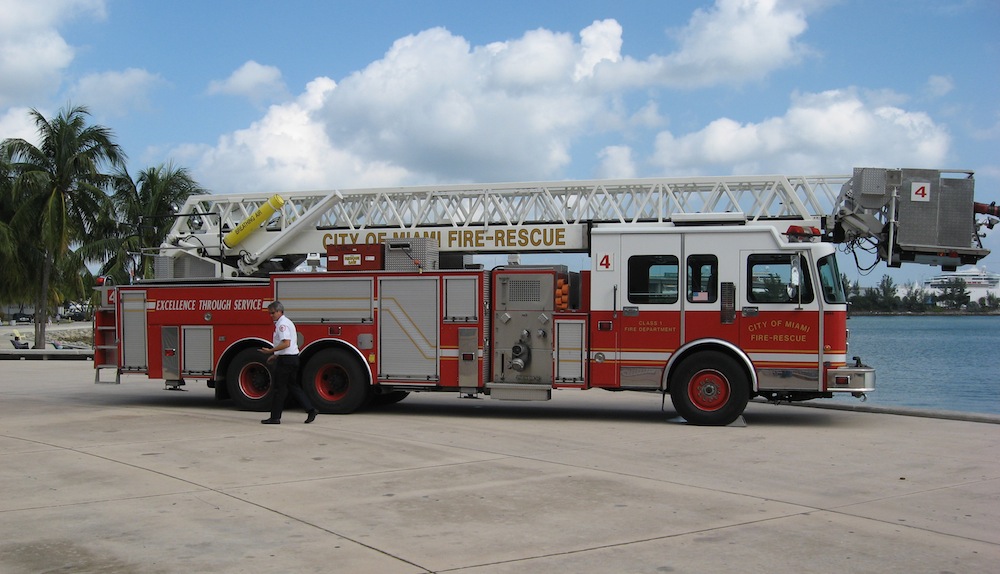New Florida building code legislation will allow building owners to postpone for several years a requirement for all new and existing buildings to provide minimum radio signal strength for fire department communications.
The code change that requires installation of necessary equipment and wiring in most commercial and multi-family buildings was to go into effect immediately, with no grace period. The provision, which necessitates opening up sections of walls and ceilings, has been estimated to cost over $1 million for some large structures.
A recently enacted update to the legislation provides for existing non-residential buildings to install the radio enhancement systems by Jan. 1, 2022, if owners submit their application for the installation permit by Dec. 31, 2019. Existing apartment buildings (including residential condominiums) are not required to install radio enhancement systems until Jan. 1, 2025, if they apply for the appropriate permits by Dec. 31, 2022.
The legislation now allows unit owner associations to stretch out special assessments over a number of years.
Related Stories
| Mar 22, 2012
Public agencies shouldn’t negotiate project labor agreements, says AGC official
When a public agency rather than the contractor negotiates a PLA with unions, it interferes with the right of employers and workers to reach their own agreements on working conditions and benefits, says Steve Isenhart, president of the Associated General Contractors of Washington.
| Mar 22, 2012
Proposed rule would let crane operators get licenses without prior city experience
The Bloomberg administration is considering letting operators of giant tower cranes get their license without requiring that they first run cranes as apprentices in the city for three years.
| Mar 22, 2012
Bill would reintroduce “opt-out” provision in lead paint law
The Lead Exposure Reduction Amendments Act of 2012 (S2148) would restore the "Opt-Out" provision removed from the Environmental Protection Agency's Lead Renovate, Repair and Painting (LRRP) rule in April 2010.
| Mar 15, 2012
New Florida building code establishes flood and storm surge provisions
The new 2010 code establishes minimum design and construction requirements to protect buildings from wind, rain, floods, and storm surges.
| Mar 15, 2012
Illinois city rejects international code due to home sprinkler requirement
Macomb, Illinois aldermen voted to recommend that the city not adopt 2012 international building and residential code standards requiring the installation of overhead sprinkler systems in newly constructed one-family and two-family homes.
| Mar 15, 2012
Tenant advocates propose licensing landlords in New York City
With thousands of New York City rental units posing potential dangers to tenants, city advocates are proposing measures to make landlords improve building safety.
| Mar 15, 2012
Construction industry a big winner in federal small disadvantaged business procurement
Last year, only 5% of federal contract dollars went to small disadvantaged businesses. Construction and facilities support firms were the biggest beneficiaries.
| Mar 15, 2012
ANSI approves new fall protection standards
The American National Standards Institute (ANSI) has approved two American Society of Safety Engineers' (ASSE) standards addressing fall protection.















